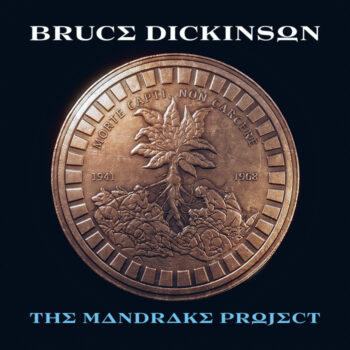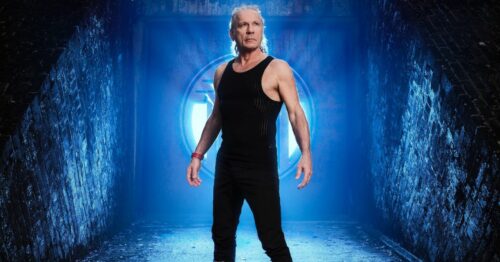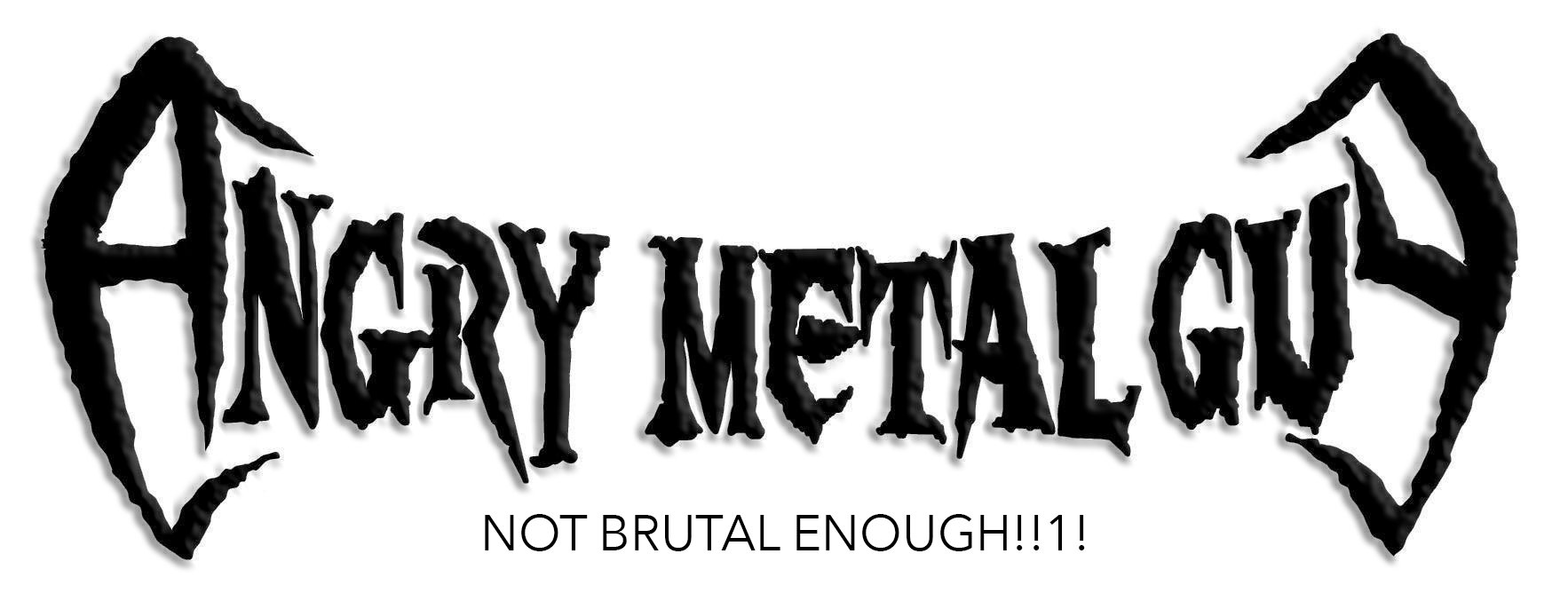
I’m happy to report that The Mandrake Project is an expansive, impressive piece of work, touching on various styles from Mr. Dickinson’s illustrious career. It finds the legendary frontman dabbling in new sounds as well. Lead single “Afterglow of Ragnarok” is dark, heavy, and epic in scope, giving Bruce room to chew on the scenery. The chorus is classic Bruce— catchy as hell and mighty as fook. With the table set thusly, the album begins its strange journey. “Resurrection Men” opens with Latin-centric percussion and Flamenco-inspired guitars before building into a vaguely Killing Joke space. This in turn veers into rowdy dad-rock that sound a lot like Clutch of all people. It’s an odd but endearing track and Bruce delivers a powerful turn at chorus time. “Fingers in the Wound” is a melancholic rocker that would have fit well on Dance of Death, and speaking of Iron Maiden, there’s an alternative version of “Eternity Has Failed” off The Book of Souls album. This is a rejiggered version with a less cluttered, synth-heavy sound and I prefer it to the original even if I question why a 7-minute Maiden song needs to be here at all.
Some of the most interesting moments appear on the album’s back half. “Mistress of Mercy” is a hard-driving number that sounds exactly like the material from Accident of Birth. I would be surprised if this wasn’t something left over from that album’s recording sessions. It’s one of my favorite songs here and I love the simple, urgent riffage. The biggest moments come on “Shadow of the Gods,” which is a large-sized epic that takes life as a sullen ballad with Bruce at his most plaintive and heartfelt. At the halfway point it transforms into a heavier, doomy powerhouse that feels like something off Black Sabbath’s Dehumanizer. Here Bruce comes into his own, roaring over heavy, crunchy riffs. It feels massive and it’s great to hear Bruce on something so heavy. The album concludes with the nearly 10-minute mega-epic “Sonata (Immortal Beloved)” and though some of the lyrics feel like a retelling of Frozen, it’s a rousing, king-sized song that holds your interest all the way through and allows Bruce a lot of room to emote and toy with emotions. There’s no song here I would call bad though I don’t necessarily love “Rain on the Graves,” and ballad “Face in the Mirror” is good but too repetitive. Despite running almost an hour, the album doesn’t feel too long. There’s a slick ebb and flow and it’s easy to digest in one sitting.2 There are also scads of musical and lyrical references to past works, and searching for them all makes the time fly by.

Bruce was smart to reunite with guitarist/songwriter Roy Z, whom he had massive success with on his earlier solo outings. They work together exceptionally well as writers and I doubt The Mandrake Project would have turned out this well without his steady hand. Most importantly of all, Bruce is in fine vocal form. It’s somewhat shocking how much better he sounds here compared to Senjutsu. He’s in firm command of his upper range and sounds much less ragged and weathered. He also gets to show a more vulnerable, emotional side, dropping some of the most poignant and affecting singing of his lengthy career.
The Mandrake Project finds Mr. Dickinson comfortable in his skin, taking chances and revealing new facets of himself. The writing is consistently strong and Bruce sounds revitalized and vibrant. The assortment of different styles works well and there are some winners here that rival past solo triumphs. Once again I find myself wishing Bruce would continue his solo career at the expense of future Iron Maiden endeavors. Time is a flat circle (ov metal).
Rating: 3.5/5.0
DR: NA | Format Reviewed: NA
Label: BMG
Website: themandrakeproject.com
Releases Worldwide: March 1st, 2024

















